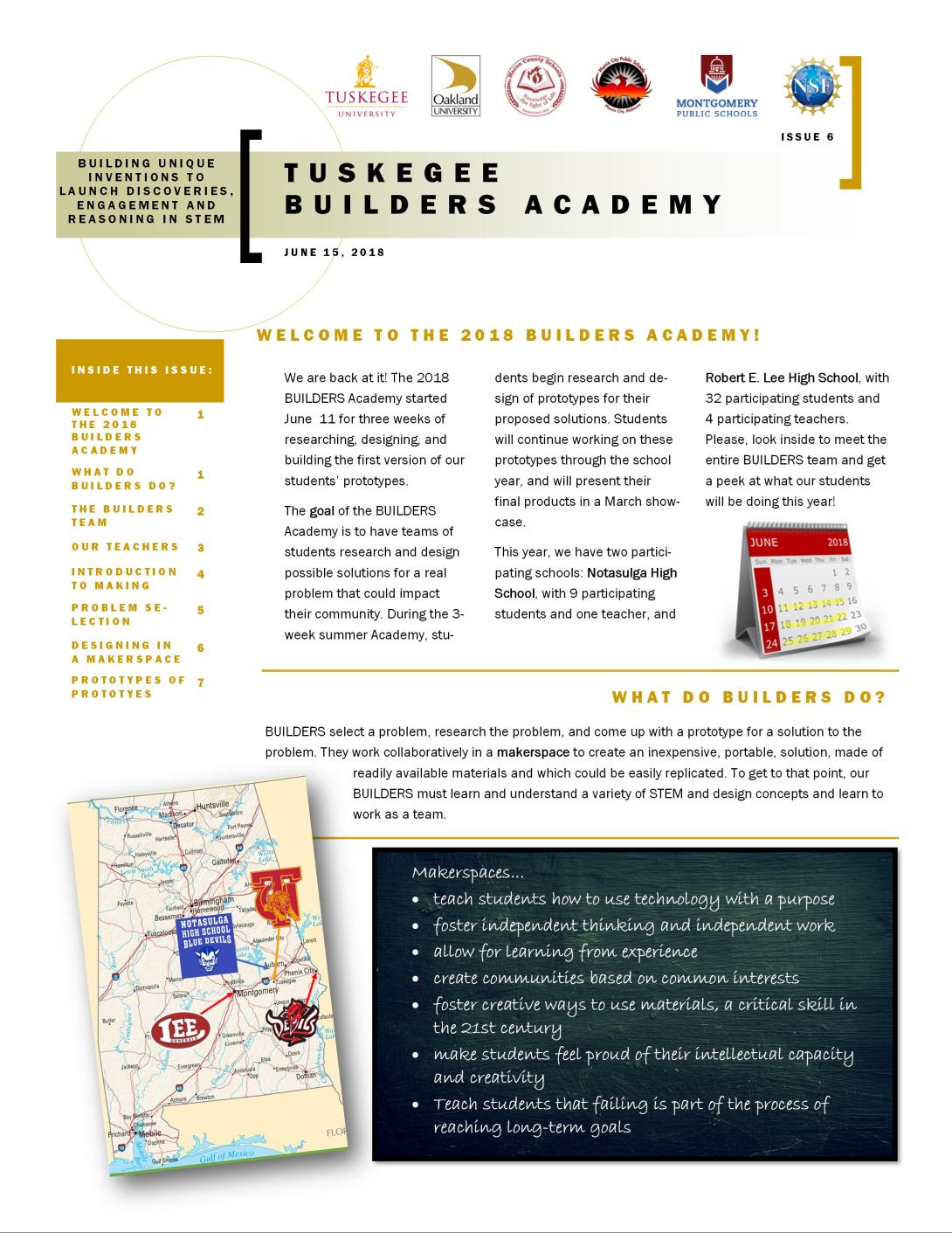Creating Socially Relevant Mobile Apps: Infusing Computing into Middle School Curricula in Two School Districts
PublicationIn this paper, we share our experiences implementing a professional development program in two school districts with middle school teachers who integrated an introductory computer science curriculum into their teaching. The 15 to 20–hour curriculum was based on students collaboratively creating mobile apps for socially relevant purposes with MIT App Inventor. Eleven teachers infused the curriculum into technology, math, engineering, library and art courses. We investigated how teachers modified the curriculum to fit their respective standards and students’ needs. We discuss the challenges they
